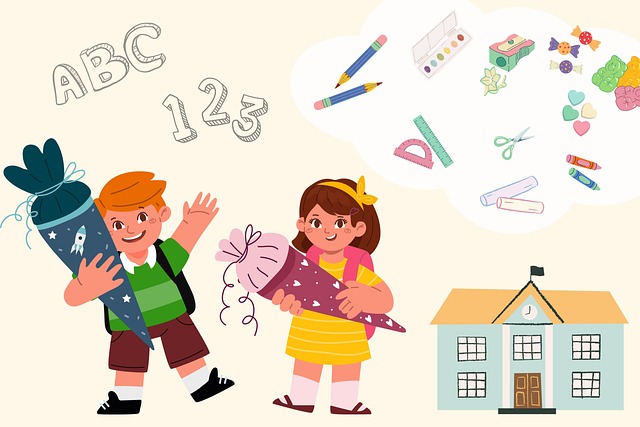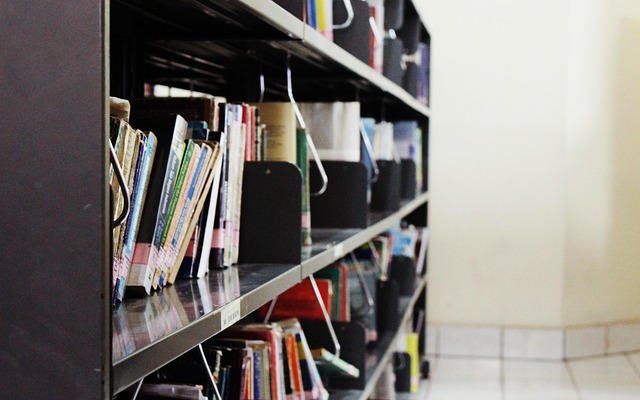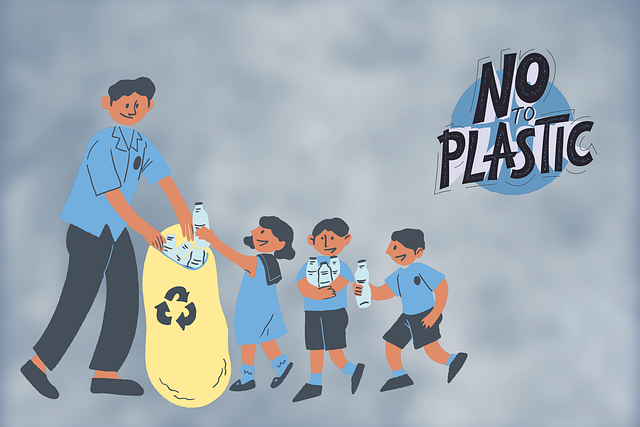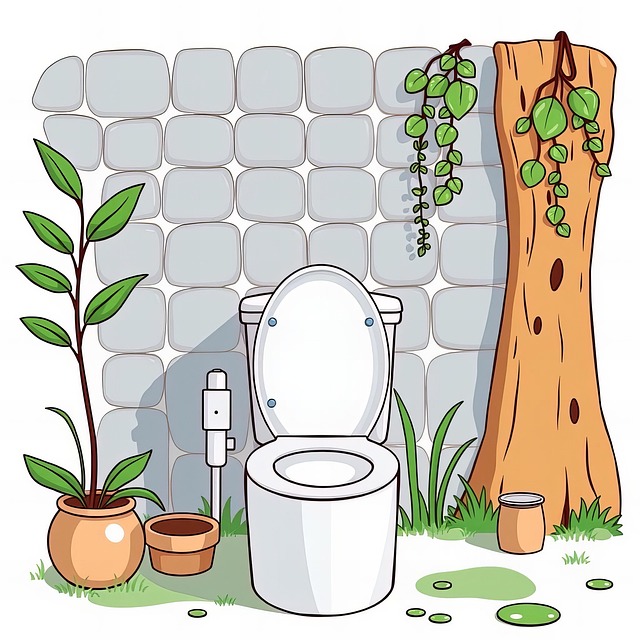Educational institutions are challenged with paper management across departments. Automating processes, adopting eco-solutions like sensor fixtures & recycled materials, and leveraging digital systems reduce waste, improve efficiency, and foster environmental responsibility in restrooms. These strategies provide cost savings, enhance sustainability, and cultivate an environmentally conscious community. Workshops on green initiatives educate staff and students, while phased implementations ensure successful integration of sustainable restroom solutions tailored to schools and universities.
Universities face a unique challenge in managing vast amounts of paper documentation efficiently. With mounting administrative tasks, research output, and student records, implementing automated paper management systems is essential for modern educational institutions. This comprehensive guide explores the intricate process of optimizing document workflows, highlighting the numerous advantages of automation. From streamlining record-keeping to promoting sustainable practices like eco-friendly waste disposal (including sustainable restroom solutions), this article navigates the benefits and provides actionable tips for universities considering a digital transformation.
- Understanding Paper Flow in Educational Institutions
- The Benefits of Automation for Universities
- Efficient Document Management Strategies
- Digital Transformation: A Case Study
- Environmental Impact and Sustainable Practices
- Implementing Change: Tips for Smooth Transition
Understanding Paper Flow in Educational Institutions

In educational institutions, paper flow is a complex process that involves various departments and numerous students. From admission applications to research papers, theses, and student documents, the volume of paperwork generated daily can be overwhelming. Understanding this paper flow is crucial for implementing effective automated paper management systems. By mapping out the journey of each document—from creation to storage or disposal—universities can identify inefficiencies and bottlenecks. For instance, many schools face challenges in managing sustainable restroom solutions for students, faculty, and staff, which often involve handling a high volume of paper towels, toilet paper, and cleaning supplies.
To optimize this process, universities should consider budget-friendly eco-solutions that cater to diverse needs. Student feedback plays a vital role in shaping these solutions. For example, introducing automated restrooms equipped with sensor-activated fixtures can reduce waste and promote sustainability. Efficient plumbing systems in schools, such as recycled water initiatives or dual-flush toilets, not only contribute to environmental conservation but also offer cost savings in the long run. By visiting us at efficient plumbing systems in schools recycled anytime, institutions can explore these sustainable restroom solutions and make informed decisions that cater to both their operational needs and ecological responsibilities.
The Benefits of Automation for Universities

Universities, like many institutions, are constantly seeking efficient and sustainable solutions to manage their resources effectively. Implementing automated paper management systems is one such strategic move that offers numerous advantages. By embracing automation, universities can significantly reduce waste and improve operational efficiency, especially in areas like restrooms. This shift towards sustainability is not just an environmental responsibility but also aligns with the educational goals of cultivating eco-conscious citizens.
In the context of sustainable restroom solutions for schools and universities, smart sensors in school bathrooms play a pivotal role. These technologies enable efficient plumbing systems in schools by monitoring water usage and detecting leaks promptly. Additionally, eco-friendly school bathroom solutions like recycled paper products and water-saving fixtures not only reduce operational costs but also foster an environmentally responsible culture. By adopting such innovations, institutions can create a positive impact on both their students and the planet, ensuring they stay ahead of the curve in terms of resource management and contribute to a greener future. Find us at ecological.
Efficient Document Management Strategies

Universities and schools are increasingly adopting efficient document management strategies to streamline operations and contribute to sustainable restroom solutions for students. Implementing automated paper management systems can significantly reduce waste, enhance resource utilization, and promote environmental stewardship. By digitizing documents, institutions can easily access and organize records, eliminating the need for physical storage spaces that often become cluttered and difficult to maintain.
Moreover, focusing on restroom design for student well-being is an integral part of this transformation. Incorporating smart toilets and features that adhere to universal design principles not only ensures accessibility for all but also contributes to low maintenance facilities. These innovations not only simplify daily operations but also encourage a culture of sustainability among students by setting an example of eco-friendly practices within the campus community. Tracking sustainability metrics, such as water conservation, becomes more accessible with digital systems in place, allowing educational institutions to monitor their progress and identify areas for improvement.
Digital Transformation: A Case Study

Universities are increasingly embracing digital transformation to streamline their operations and create more sustainable environments. One area that has seen significant evolution is paper management, which is now being revolutionized by automated systems. These advanced technologies offer a range of benefits, from enhanced security and improved efficiency to reduced waste, all contributing to a greener campus. By adopting such systems, educational institutions can move towards sustainable restroom solutions for schools and universities, ensuring their facilities meet modern standards while minimizing environmental impact.
Workshops focused on green initiatives play a crucial role in this transition, educating staff and students about the importance of recycled materials and efficient restroom design. These sessions often highlight best practices, such as implementing reusable paper products and adhering to established restroom design standards. By combining these strategies with automated paper management, universities can create dynamic learning environments that prioritize both academic excellence and ecological stewardship. For personalized guidance on sustainable practices, give us a call at Green Cleaning.
Environmental Impact and Sustainable Practices

Universities and schools are increasingly recognizing their role in promoting sustainable practices, including how they manage waste. Implementing automated paper management systems is not just about efficiency; it’s also an opportunity to reduce environmental impact. By streamlining document workflows, these systems can cut down on printing, which leads to less paper waste. This is a significant step towards creating greener campuses.
Moreover, institutions can explore sustainable restroom solutions by adopting greywater recycling and optimizing indoor air waste management. These practices not only decrease water usage but also contribute to healthier learning environments. For instance, recycling used water from sink and shower drains for non-potable purposes, such as flushing toilets or irrigation, is a valuable way to conserve resources. Embracing these eco-friendly initiatives not only benefits the environment but also serves as an educational tool, instilling sustainability values in students and staff alike. Give us a call at Resource-Saving Technologies Water Recycling to learn how we can support your journey towards sustainable restroom solutions for schools and universities.
Implementing Change: Tips for Smooth Transition

Implementing change, especially when it comes to sustainable restroom solutions for schools and universities, can be daunting. However, with careful planning, institutions can ensure a smooth transition that benefits both students and the environment. Start by involving key stakeholders, including faculty, staff, and students, in the decision-making process. This collaborative approach fosters buy-in and ensures that everyone understands the green cleaning initiatives behind the changes.
Educate the community through restroom education programs, highlighting the importance of sustainable practices and their impact on both the campus ecosystem and individual habits. Offer training sessions for staff to familiarize them with new equipment and procedures, emphasizing the ease of use and long-term benefits. Additionally, consider phased implementations to avoid disruptions, gradually rolling out changes across different restroom areas. And remember, when it comes to sustainable restroom upgrades, consult professionals like Efficient Plumbing Systems in Schools Recycled who can provide tailored solutions that align with your institution’s unique needs and budget.
Universities can greatly benefit from implementing automated paper management systems, streamlining their document workflows, and reducing environmental impact. By understanding the unique paper flow in educational institutions, adopting efficient strategies like digital transformation, and following best practices for a smooth transition, campuses can enhance operational efficiency and foster sustainable practices, including eco-friendly restroom solutions. This approach ensures a more organized, environmentally conscious future for learning and research.






